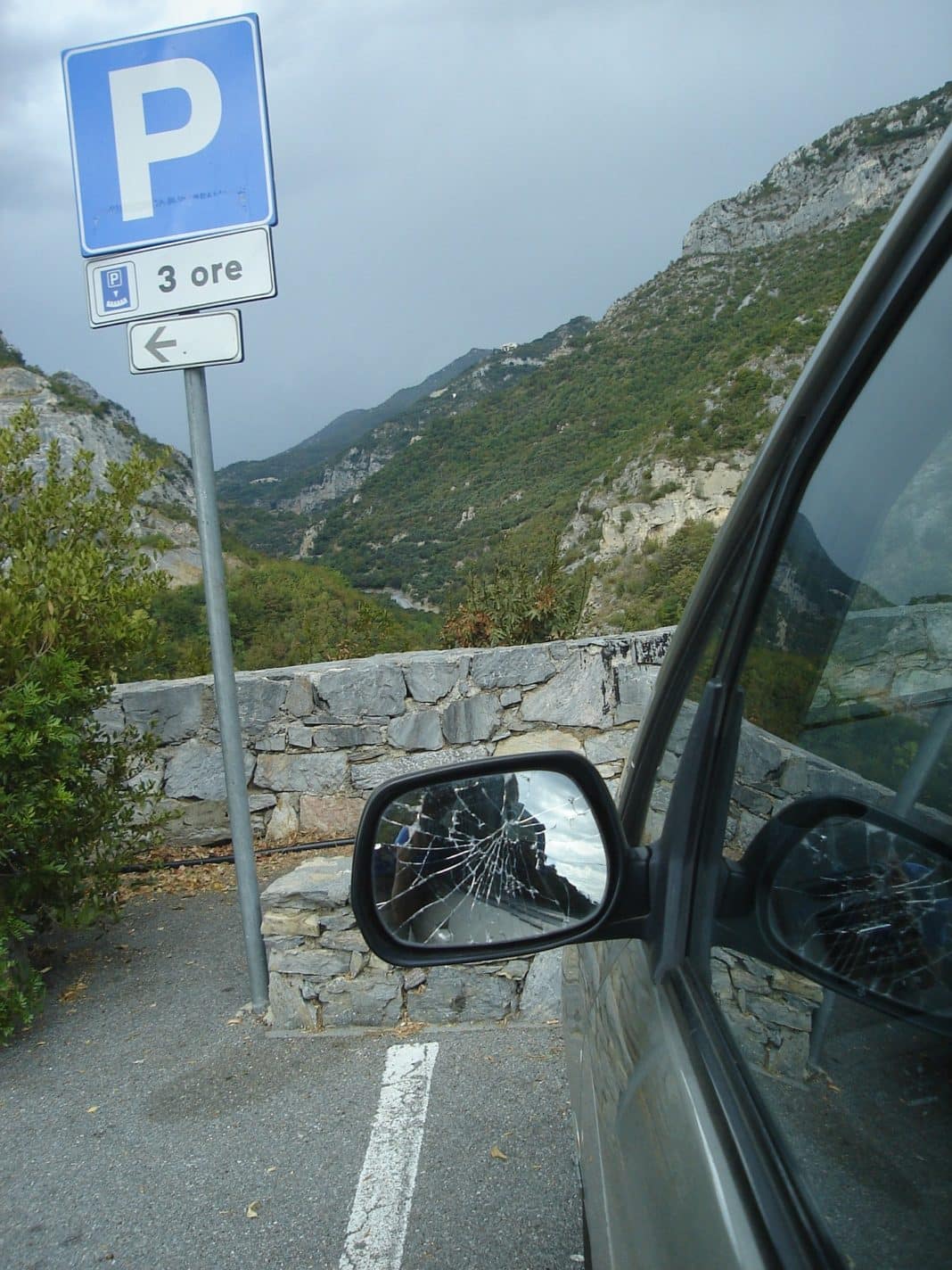The Valencia region is the worst area in Spain for vehicle vandalism, with 51% of drivers having suffered some form of damage, six points above the Spanish average.
Around 12.3 million drivers have found their car scratched with a key, a mirror broken off, or with a broken window, acts of vandalism that 850,000 confess to having committed on some occasion.
These are some of the conclusions of the study “Stop Incivism. Passing the key: x-ray of road vandalism in Spain”, prepared by Línea Directa Aseguradora, based on the results of 1,700 surveys carried out throughout Spain.
The report analyses two uncivil actions: the intentional damage that a person causes to a car, called acts of vandalism, and those that are carried out by drivers without malicious intent but in which they “run away” without leaving any note or data with the damaged car.
Both, in the words of Mar Garre, director of People, Communication and Sustainability at Línea Directa, represent around 930 million a year for insurers, in addition to the personal cost for drivers who do not have insurance with full coverage for these damages.
In fact, the study concludes that 54% of drivers who have suffered damage on purpose in their cars have paid out of pocket about 500 euro in repairs in 62% of cases and up to 1,000 euro in 30%.
According to the Línea Directa study, 12.3 million drivers (45%) have suffered vandalism in their cars on some occasion, mainly scratches on the paint (36%), damage to the mirrors (21%) and broken windows (15%).
Around 850,000 drivers (3%) admit to having intentionally damaged another car, almost half of the cases for personal revenge but also the reasons given by these drivers are that another car “was parked wrong” (34%) or “because it was new” (15%).
The most common act of vandalism usually occurs in the street (90%), with young perpetrators and without significant differences between genders.
The communities that suffer the most acts of vandalism are the Valencian Community (51%), Murcia (49%) and the Basque Country (49%). On the opposite side are La Rioja (34%), Cantabria (34%) and Asturias (38%).
One in three drivers reveals that they have ever seen one of these acts committed and, of these, 60% have recriminated the perpetrator or have denounced it.
11.7 million drivers (43%) have suffered damage to their cars without the person responsible leaving their data.
On the side of the person responsible, 3.1 million (11%) admit to having left the scene of an accident without leaving any information to the injured party, a very common behaviour when the owner of the other car is not present (71% of the time).
Fear, in 43% of cases, is the justification for fleeing, but almost a third reveal that they have left the place because this situation has happened to them before, while 22% assure that they flee so as not to increase the cost of their insurance.
For their part, “runaway drivers” are more common in Castilla-La Mancha (52%), Murcia (49%) and Cantabria (48%).
The damages caused by these motorists represent 18% of uncontested parties, therefore, together with those derived from acts of vandalism, they raise the percentage to 40% of uncontested parties that insurers receive for these two situations.





